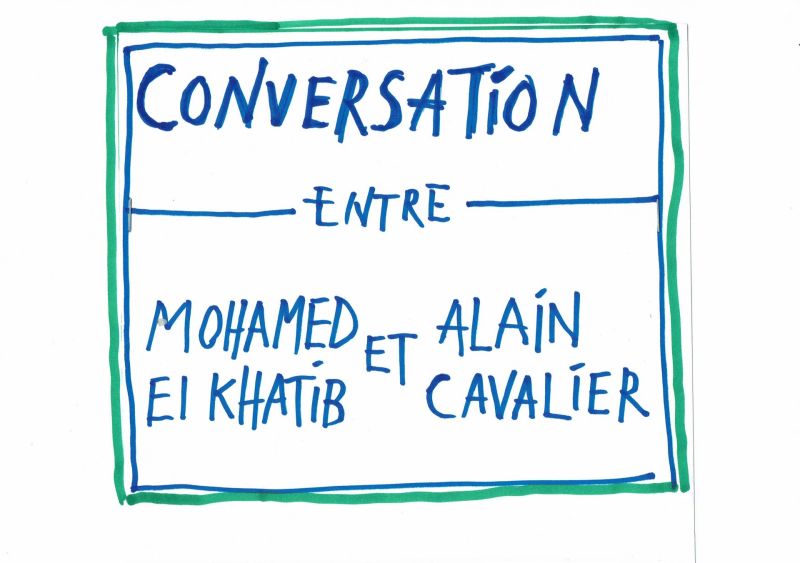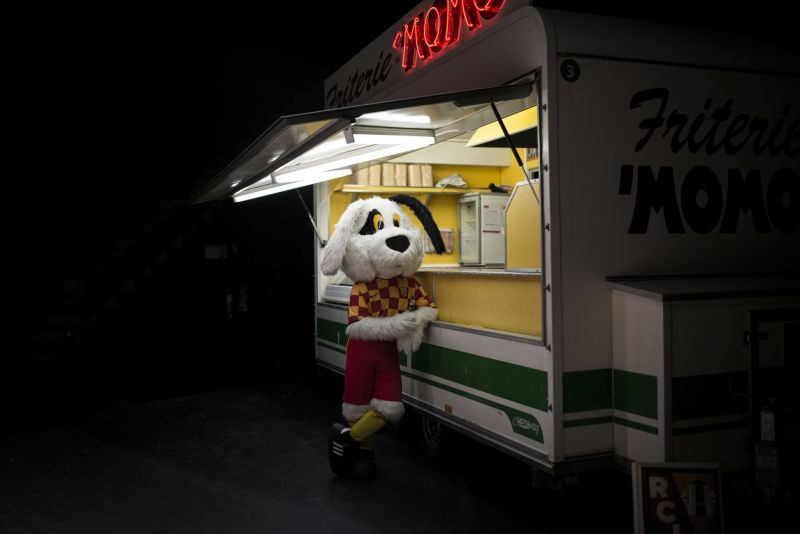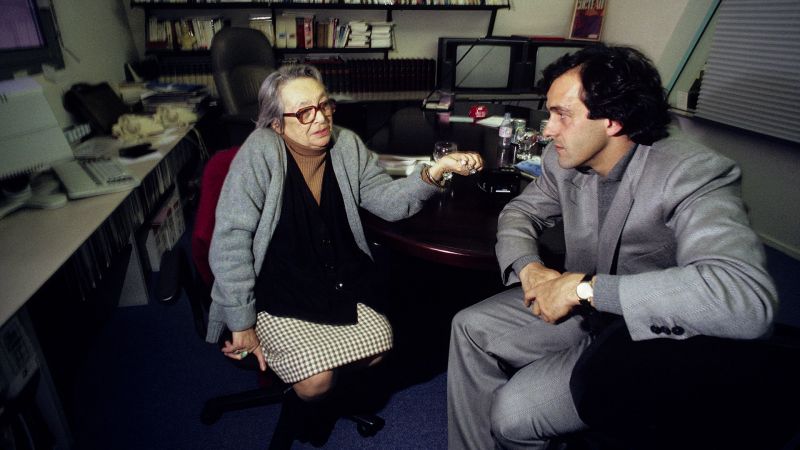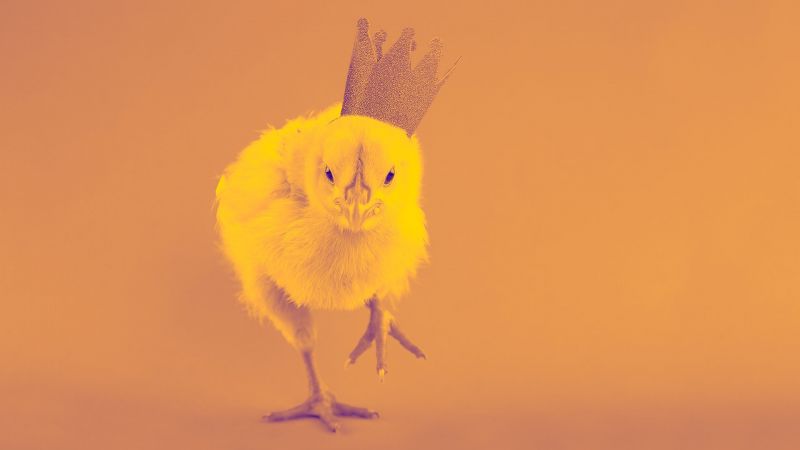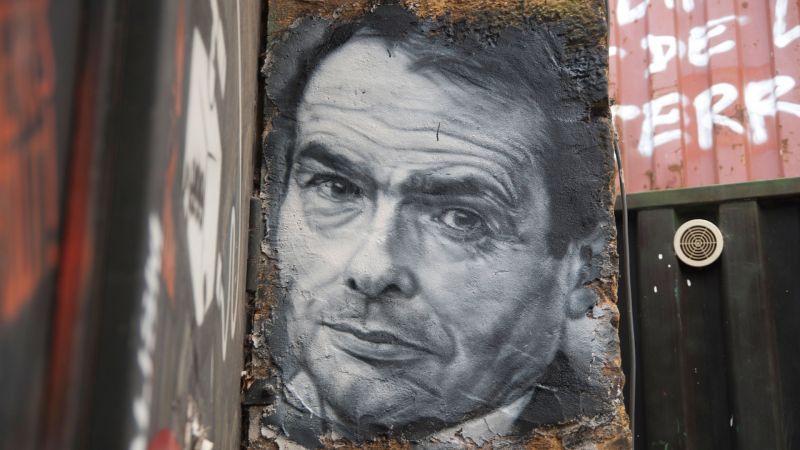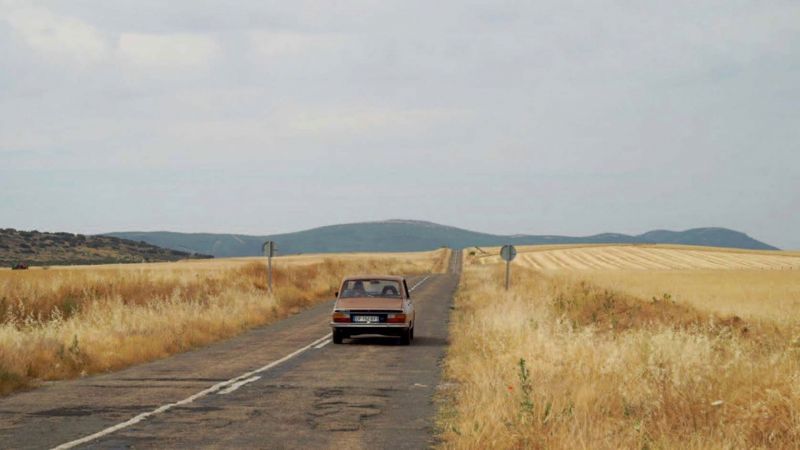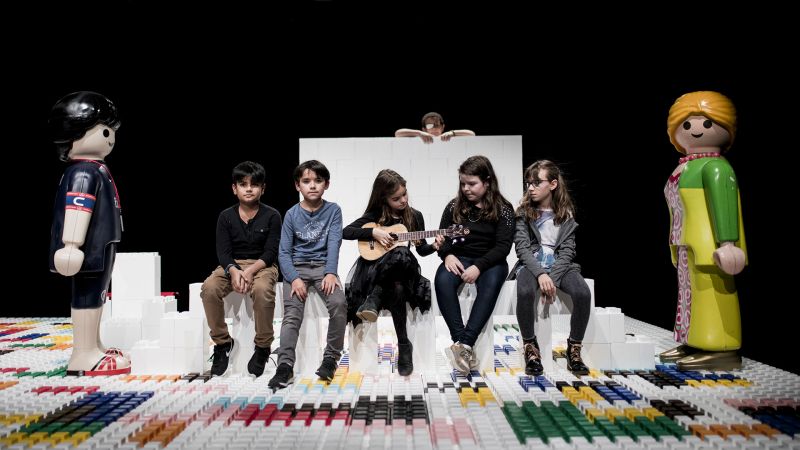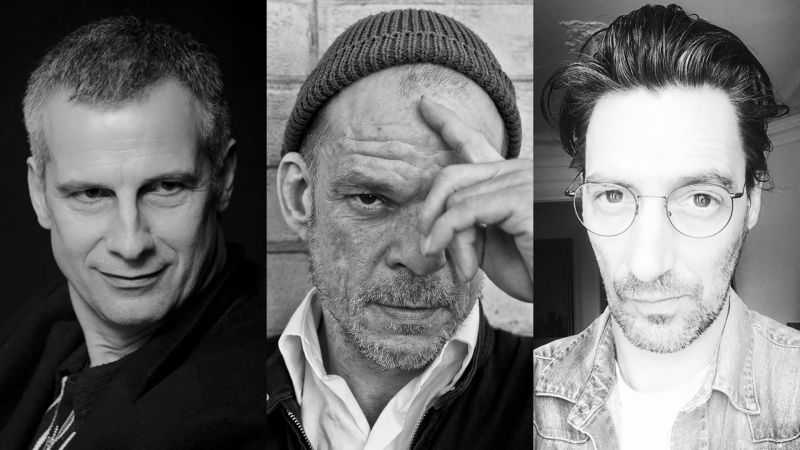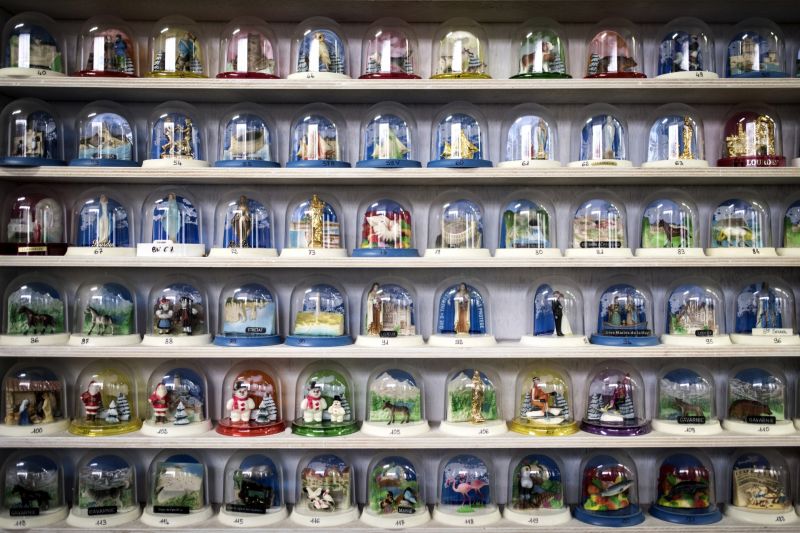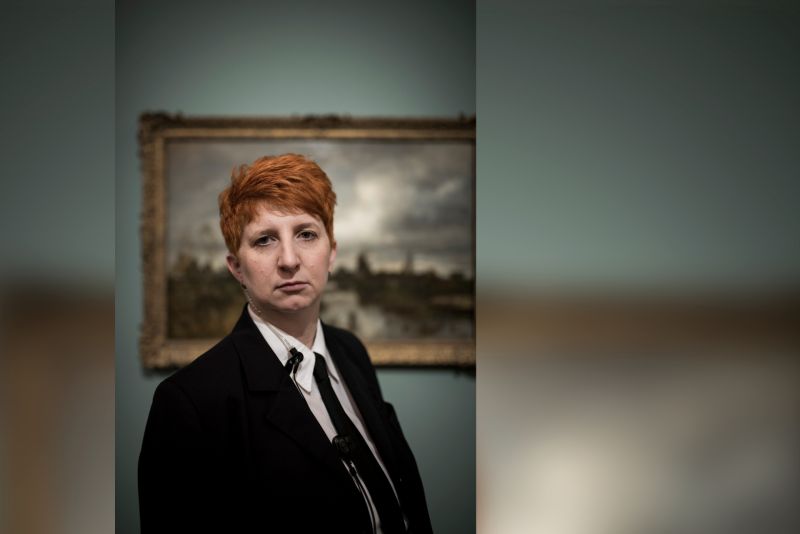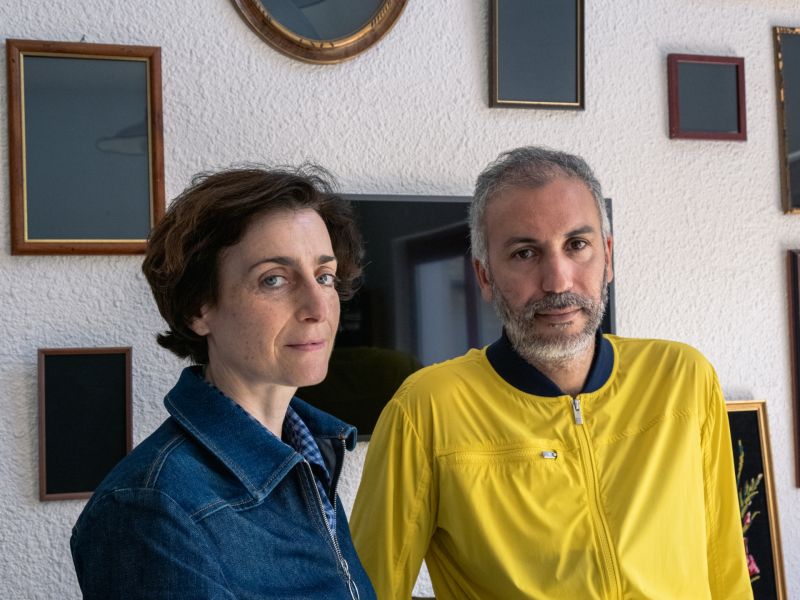Mohamed El Khatib
Director
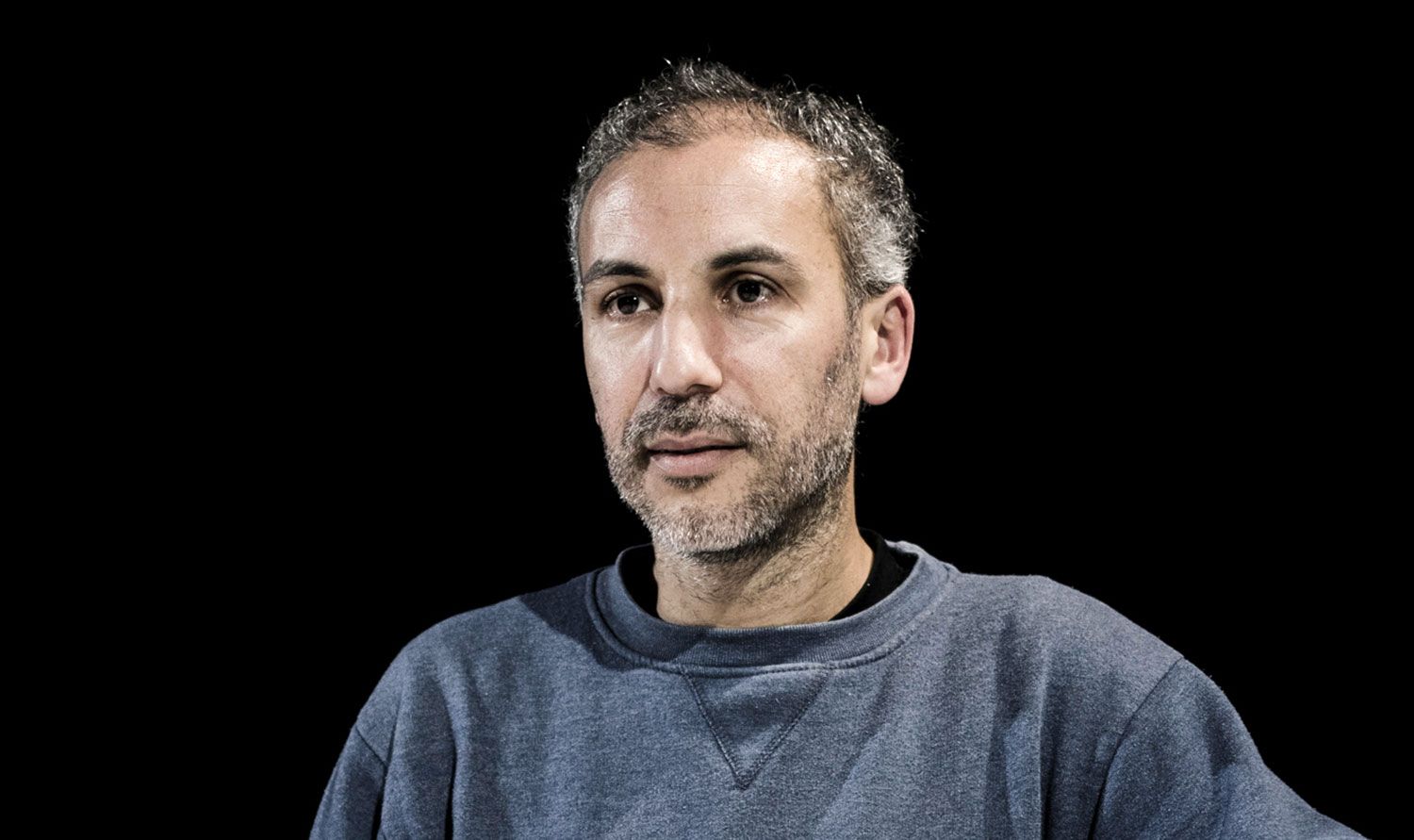
As a lover of soccer, he played as a midfielder for many years. Let it be known that he followed the rules of the game. In theater, however, he pushes the rules aside and invites 53 supporters of the Lens Racing-Club on stage, asking them to tell us about their working-class north of France, about unemployment, solidarity, and team spirit. In ninety minutes with a half-time, Stadium (2017) is an unfiltered account, a precis of sociological and human truth. Mohamed El Khatib is on stage, he introduces his guests, as well as the pompom girls and the marching band. He also includes the soccer game’s festive trappings—the mascots, the fry shack—in an artistic gesture he likens to that of Marcel Duchamp with his ready-mades. El Khatib spent more than a year in Lens, meeting and interviewing numerous locals, in order to gain their trust and also to hit the target, notably when taking aim at certain social and political clichés. He was driven to create Stadium by his desire to escape what he calls the cultural “insiders’ club” and by thoughts of his father, a major soccer fan. The manager of the fry shack also happens to be the cleaning woman (aka “surfaces technician”) who displayed her abilities alongside a dancer in El Khatib’s previous show, Moi, Corinne Dadat (2015).
Is this documentary theater, a dramaturgy of reality? It’s hard to find words to accurately describe the singular art of this son of a Moroccan factory worker and cleaning woman. Born in the Loiret in 1980, El Khatib followed his parents’ advice and became a brilliant student: Khâgne, Sciences Po, a dissertation in sociology. He discovered theater, including the work of Jan Lauwers, at the 2004 Avignon Festival while doing an internship with a CEMÉA organizing theater camps for underprivileged children. He started making plays with his friends, founded the Zirlib collective in 2008, and wrote his first two theater pieces, A l’abri de rien and Sheep, both of which were met with words of encouragement.
Ironically, it was Finir en beauté, a play about the death of his mother, whom he recorded speaking while she was in hospital, that officially announced his birth in the theater world. Alone on stage with a tape recorder, he performed in Marseille, then at the Avignon Fringe in 2005. That was followed by an extensive tour, then the Grand Prix de Littérature Dramatique, an annual award for the best dramatic text. El Khatib also filmed his mother with a Sony video camera, the same one used by Alain Cavalier with Vincent Lindon in Pater, a film which fascinated him. He wrote to Cavalier, and soon they met and began talking: their Conversation was off to a start. In the meantime, El Khatib traveled with his camera from Orléans to Tangier aboard a Renault 12, a vehicle chosen for reasons to be discovered in his “road-movie” of the same name.
C’est la vie (2017) is also the fruit of a conversation. El Khatib asked two actors to speak about the death of their child, a painful experience both were faced with in 2014, but in different circumstances. Where are the characters? Where is the fiction? Is it still theater? In any case, it is Mohamed El Khatib’s theater. He is working at the limits. There is no territory he won’t allow himself to enter. His work is destabilizing. It isn’t comforting: what he aims for is reconciliation.
